Down syndrome — Information from AboutKidsHealth
To mark Canadian Down Syndrome Week (CDSW), which runs November 1–7, AboutKidsHealth is sharing information about Down syndrome.What is Down syndrome?
Down syndrome is a genetic condition that affects about one in 700 babies in Canada. It is caused by having “extra” genetic material (or too many genes) of chromosome 21. This means each cell in the body has 47 chromosomes instead of 46 because of the extra copy of chromosome 21.

Down syndrome is not caused by anything either parent has done, and it is not related to race, nationality, religion or socio-economic status. It is most often caused by a random genetic event.
"Down syndrome is not caused by anything either parent has done..."
Effects of Down syndrome
Babies with Down syndrome are more likely to be born prematurely, and their birth weight and length may be below average. They are also more likely to have low muscle tone, leading to floppiness (hypotonia).
All children with Down syndrome will have intellectual impairment, delayed motor development and speech problems, but the level of impairment will be different for each child. They are also more likely to have certain infections; respiratory, blood and dental problems; and other medical conditions. However, the effects of these conditions vary from child to child, and not all children with Down syndrome will be affected by the same conditions. Some children with Down syndrome have no other medical conditions, while others will have several. See Down syndrome: Related medical conditions to learn more.
Treatment
There is no cure for Down syndrome; however, there are many supportive treatments available to help target the associated medical and developmental changes. A typical treatment program for children with Down syndrome includes:
- early intervention services
- physiotherapy for gross motor skills
- occupational therapy for feeding
- general development and fine motor skills
- speech and language therapy to work on communication skills
- collaboration between your child’s health-care professionals and daycares, schools and other extra-curricular programs
The theme of CDSW 2019 is “Recognizing the ability”
Just like other children, those with Down syndrome attend school and participate in recreational activities, and they vary in personality and ability. Most children with Down syndrome should be able to learn the same skills as other children, including walking, talking and being toilet trained.
Many adults with Down syndrome hold jobs, live independently and contribute to their family, friends and community in many different and meaningful ways.
AboutKidsHealth is SickKids’ health-education website and features more than 3,500 articles on a range of paediatric health topics. Find more information on Down syndrome and other health topics at aboutkidshealth.ca.


